Stories About Accomplishments
Rose Espinoza
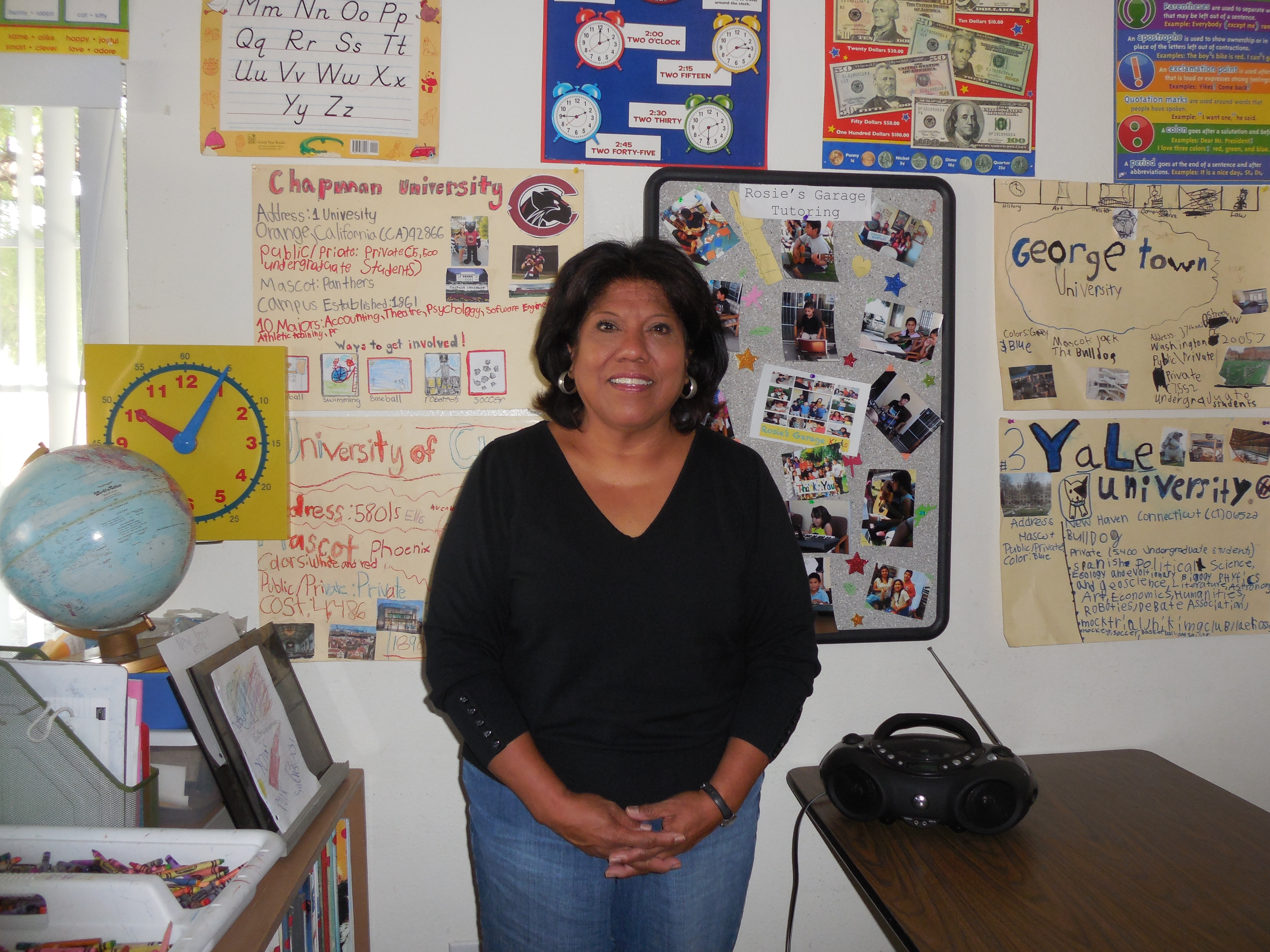
Check out the following clip from Rose Espinoza's oral history:
"Don’t ever be afraid to challenge yourself. You’re obviously in the class. You’re obviously doing something to challenge yourself already, and they will reach their goals. And stumbles will always happen. There will always be some, and there was a song in Spanish that says, “If you left this world without a mark, then you haven’t lived.” You’re going to have scratches. You’re going to have marks. You’re going to have hurts. You’re going to have all of that, but it makes you just a better person. And you’ll learn your lessons from that as well, but never give up. Never, ever give up. Just keep pursuing it, and someone will believe in you. "
Theresa Smith
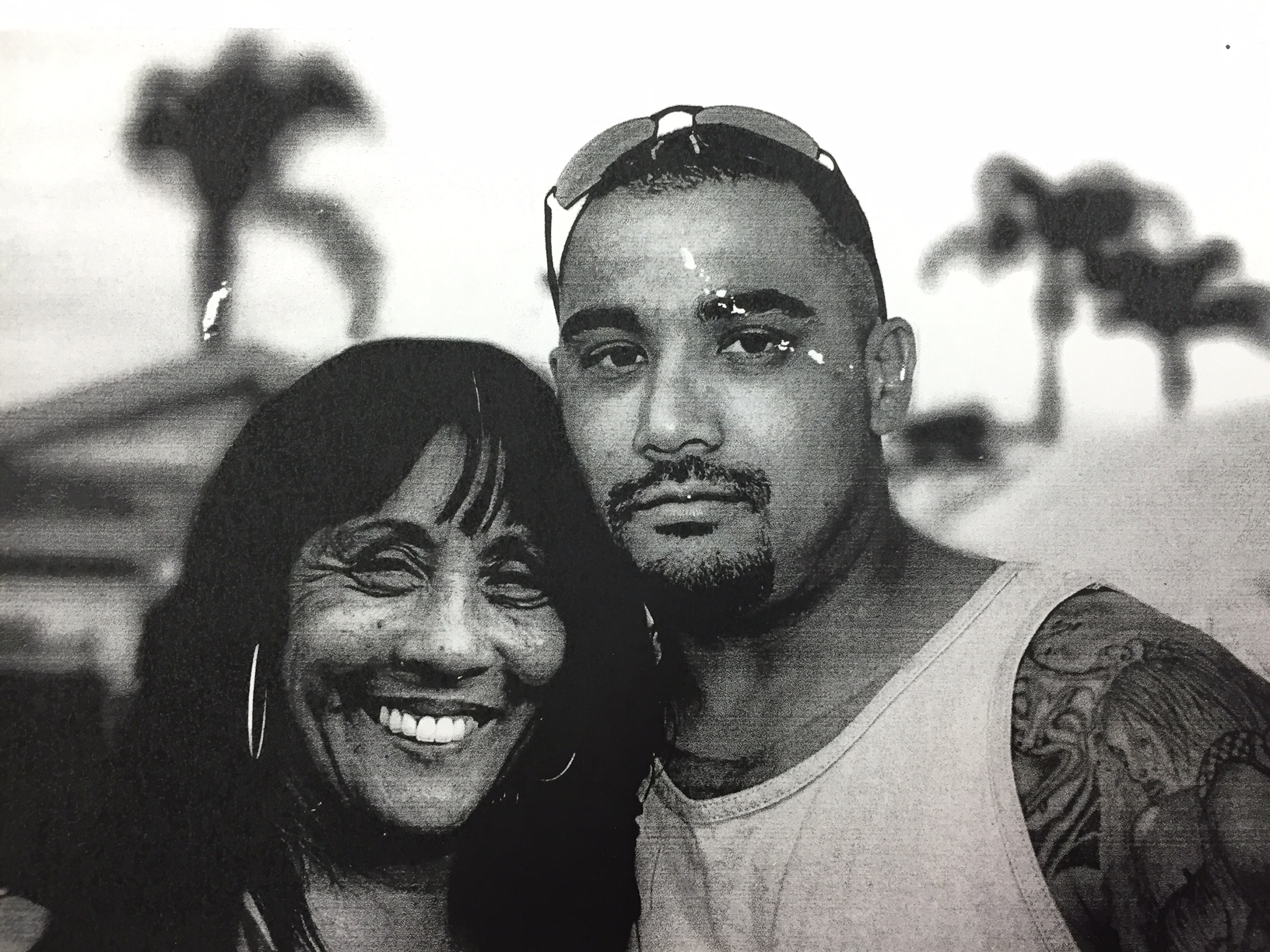
Check out the following clip from Theresa Smith's oral history:
"For a long time, I felt like I wasn’t going anywhere, and nothing was happening. I wasn’t doing anything. And, being a part of introducing a bill and getting it passed was very rewarding because—I mean, it wasn’t because of me, but I was a part of something. And, I was a part of a bill that is now a law, so I’m very proud of that. I think I’m proud of being able to, I don’t know, especially, in regards to the police brutality, be a part of a lot of things that have started to change: having dialogues with law enforcement, people in government, stating my opinion, talking about my personal story, how I would like to see a change. So to be a part of that feels good. It feels really, really good to be a part of that. "
Wendy Greuel
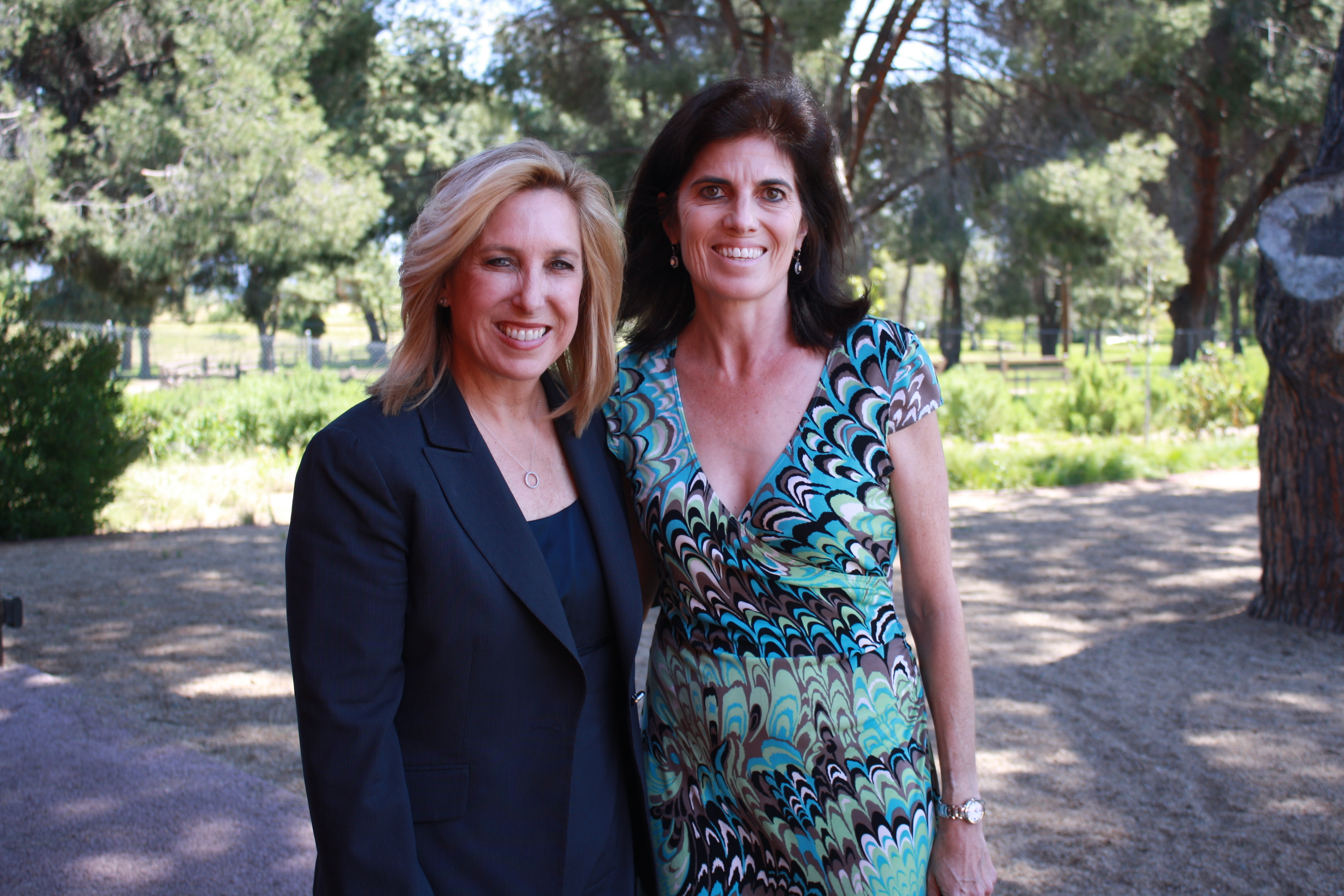
Check out the following clip from Wendy Greuel's oral history:
"I would say the creation of L.A.’s BEST because the tens of thousands, and probably now hundreds of thousands of kids, have gone through that L.A.’s BEST program, because we decided that the school district needed to be our partner. When Tom Bradley went to them and said, “We want to open these after school programs at ten of your schools,” and they told him, No, he said “No, is not the right answer, and we’re not giving up.” So, that tenacity and that creation of something from the get go, and to see it today is pretty amazing, to be able to say, “I had something to do with that.” And I had something to do with it when I wasn’t elected, although I was working for an elected, when I was a city councilmember and then now even as a private citizen, to be able to support their expansion and what they’re doing, it’s pretty special."
Laura Chick
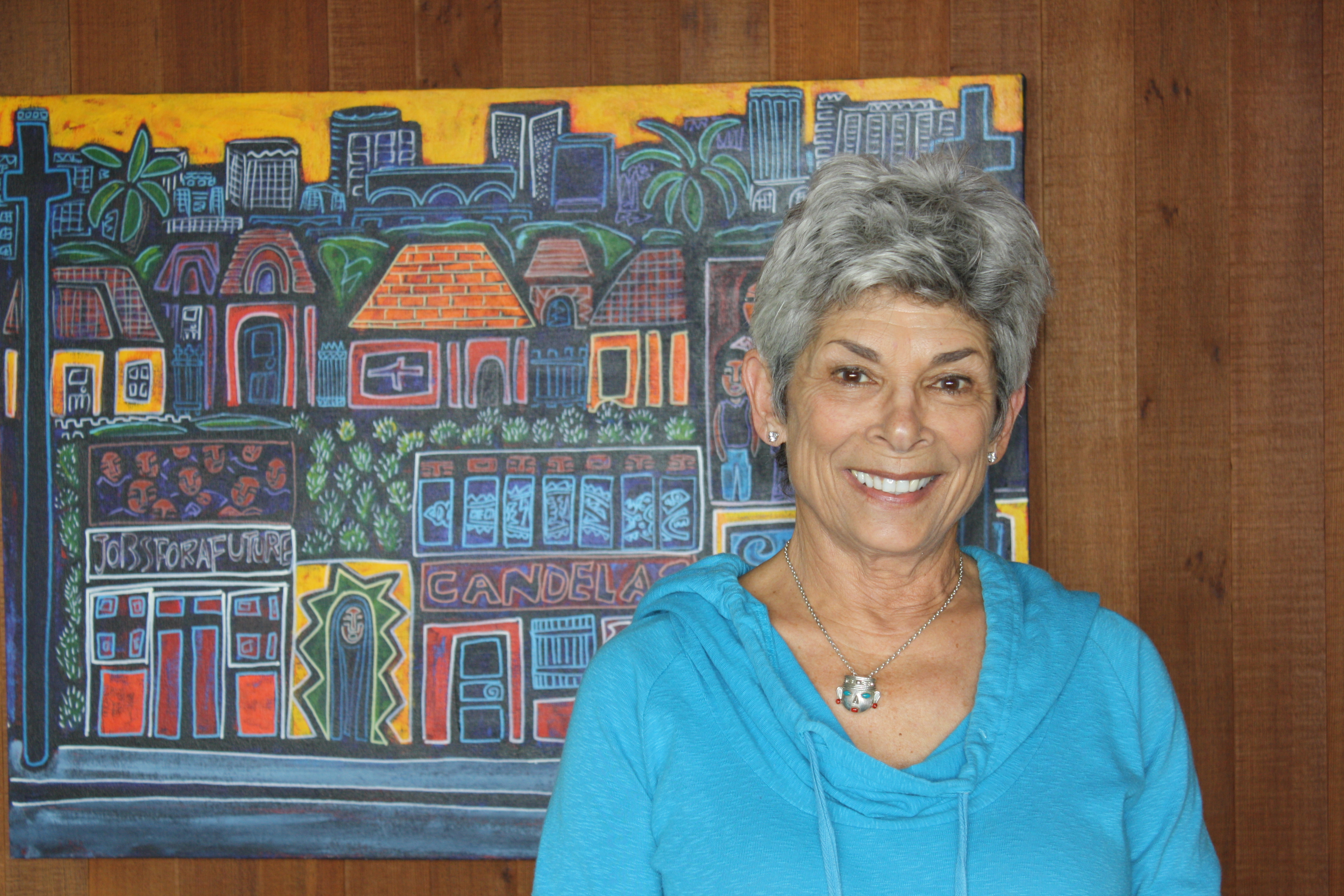
Check out the following clip from Laura Chick's oral history:
(LA City Controller, on ordering LAPD to re-analyze a backlog of thousands of rape kits): "Maybe we can really focus on a gender issue here because I told you that for me domestic violence, violence against women was something that drew me into fighting for women. So here is a violent, dire crime, an act of rape, and somehow it’s not prioritized enough for the Los Angeles Police Department to be treating this important evidence the way it should be treated, to devote the resources that were needed to make sure that it was okay. And why? Because we had had a series of three mayors, Riordan, Hahn, Villaraigosa, one after another making campaign promises to hire this many more police officers, a thousand more police officers, as though that would make the city of Los Angeles and women safe but not analyze DNA evidence to go out and arrest, in some cases, serial rapists. So I was one worked up angry city controller. And interestingly, whoa, they found the money. They found the money to contract out with private labs to get rid of the backlog, to try and change things inside the crime lab."
Gloria Arellanes
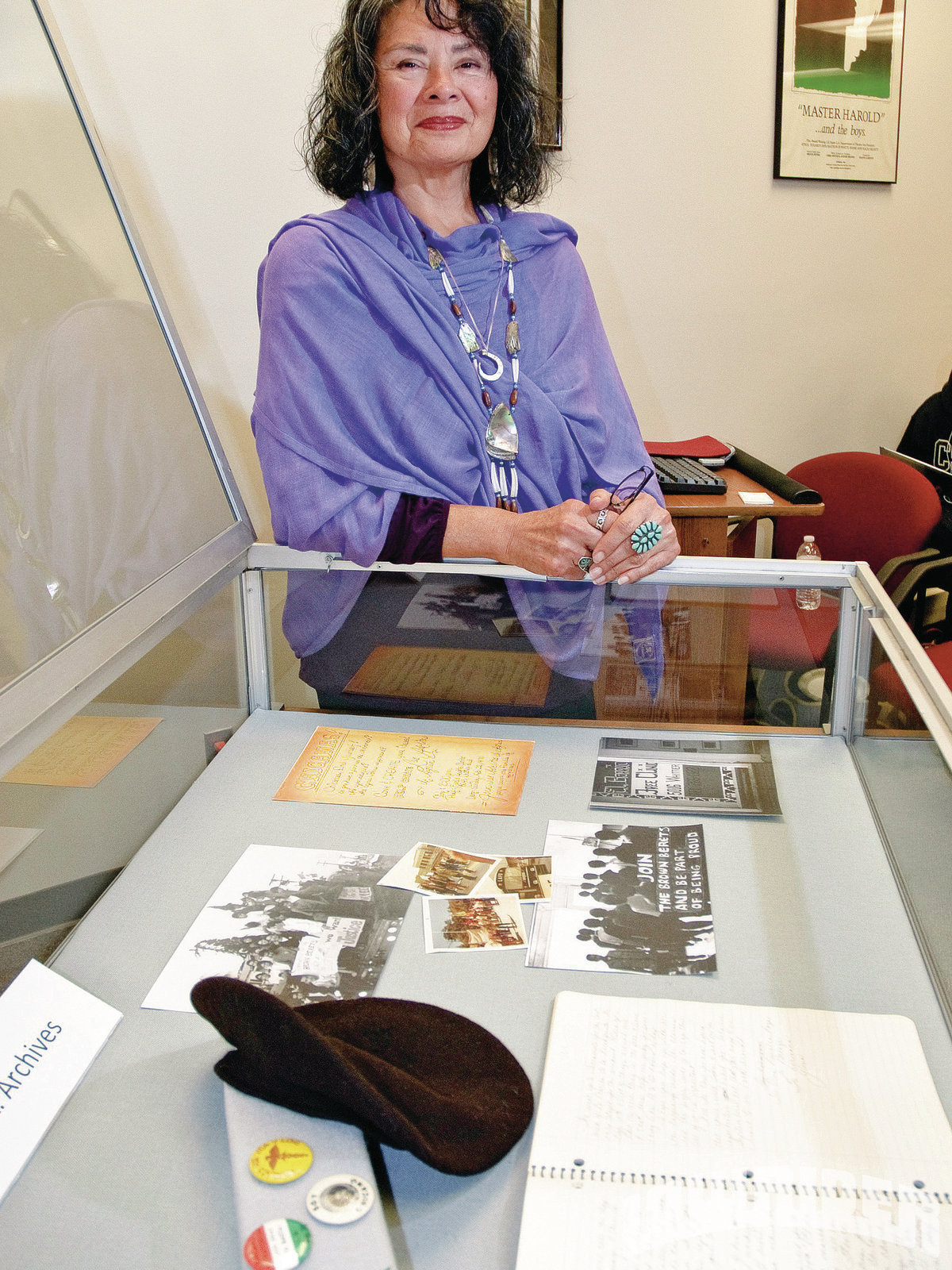
Check out the following clip from Gloria Arellanes's oral history:
"The way I teach young people now is, when you make a mistake, it’s okay. Everybody falls down and scrapes their knees. So, what you have to find out is, what was I supposed to learn from it? Instead of beating yourself up and saying, “Man, I screwed up. I did wrong.” But, when you look at it and say, “What was my lesson?” There’s always a lesson there, and you don’t have to beat yourself up. Just don’t do that again. That’s how I looked at all the things I was learning. Whether they were painful or not, they were things that I needed to learn to apply to life."
Jan Perry
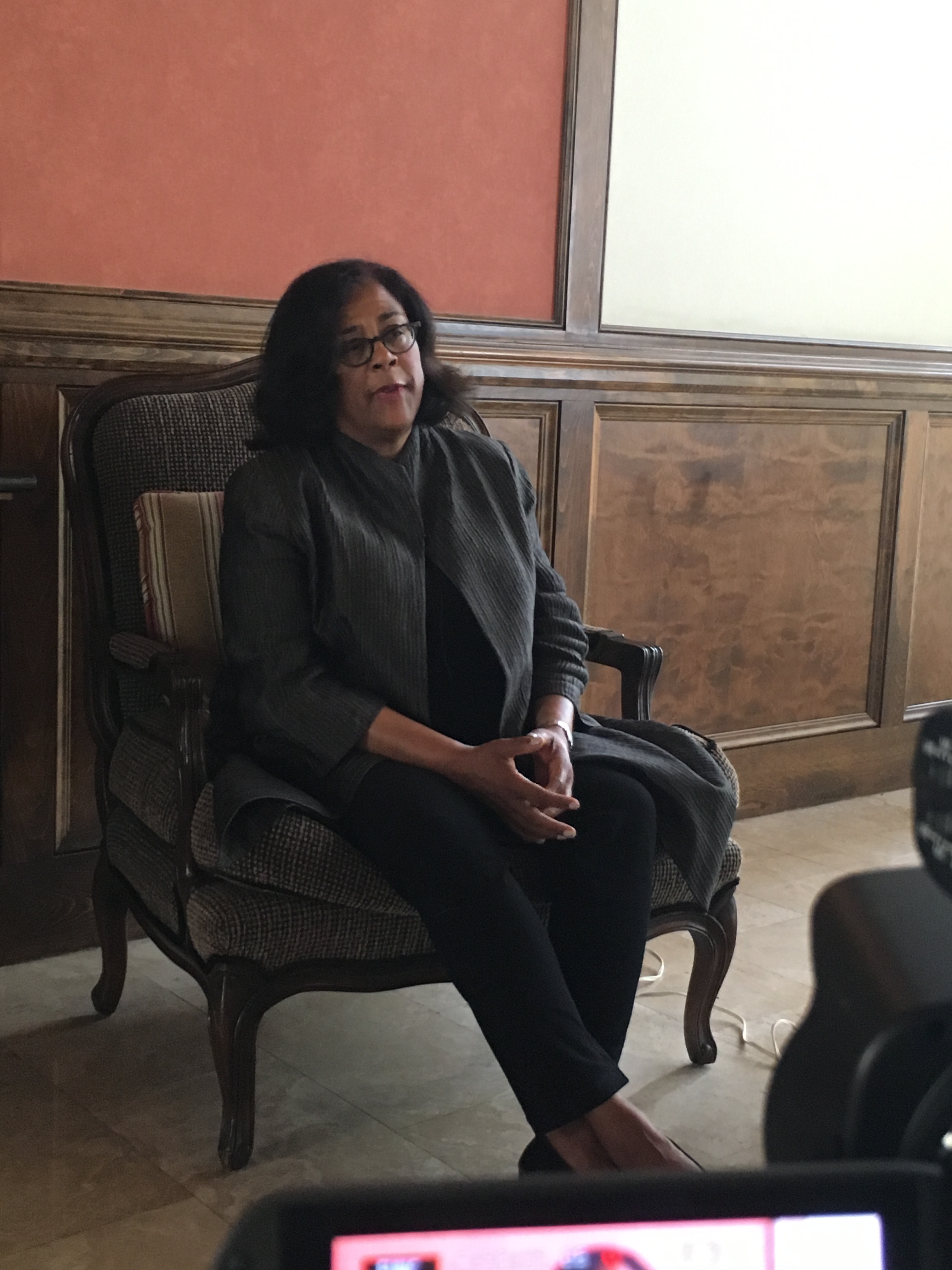
Check out the following clip of Jan Perry's oral history:
"I don’t think I have one, but I think the magnitude of the number of jobs that I helped to create, the level of permanent supportive housing units that I helped to shepherd through that were funded, built, and had support services on site—and some of them are unique models, like the Star Apartments, which was modular construction so it was built even faster than normal—these are the things that I’m proud of. And then, the work I did in South Los Angeles, particularly on Central Avenue—because for me Central Avenue is a street that has great emotion and great history and, to me, defines what the 9th district is now and can be and was built upon. It’s like the eastside. And it was the center of jazz and culture and all those wonderful things but also an outgrowth of segregation and Jim Crow because people couldn’t stay anywhere else, so they had to go to the Dunbar. So, for me, the restoration of the Dunbar Hotel—I guess if you wanted me to say there was one thing that just makes me weep for joy or just jump for joy, it’s the complete restoration of the Dunbar Hotel. If you ever get a chance to go in there, it’s absolutely beautiful. It’s beautiful again."
